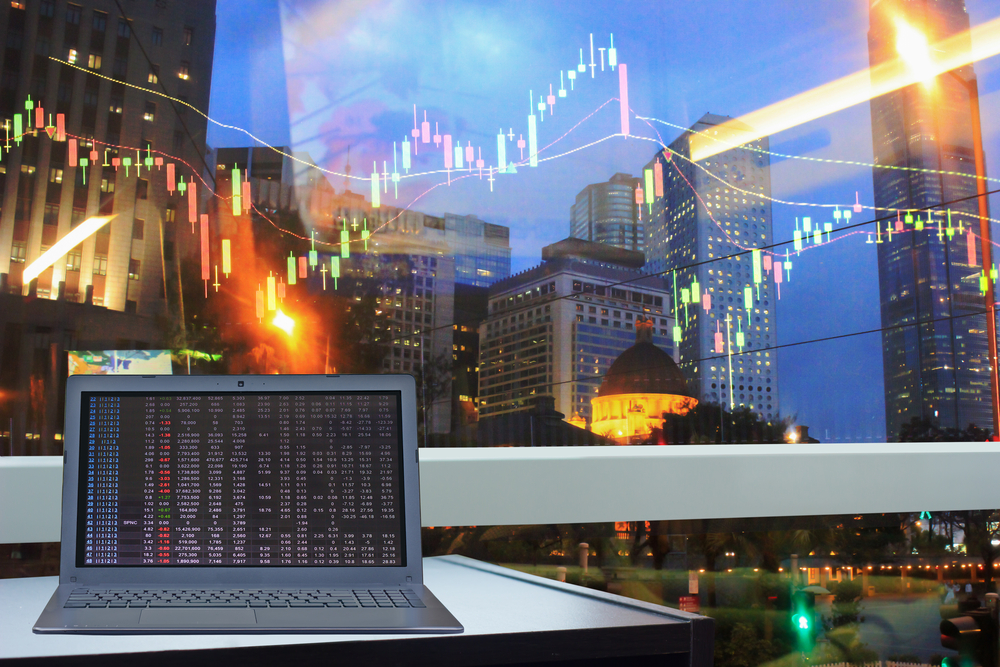Experienced Investor
What should investors be wary of in the last six months of 2018?

Sheridan Admans, investment manager at fund platform The Share Centre, comments on what he believes is in store for investors for the remainder of the year.
The first half of 2018 has witnessed a pickup in market volatility which had peaked in February and March but fell off in the second quarter, Brexit negotiations continued to test the confidence of the UK government and there was the threat of a trade war from the United States – these events are of course amongst a number of others. The question is; what should investors be wary of in the last six months of 2018?
We continue to expect returns from equities to moderate for the remainder of 2018. We still maintain a preference for equity investing over fixed income as we believe the ‘euphoria’ phase in the cycle has not yet been reached. This is despite having reservations over valuations and levels of influence in some parts of the market.
We’d encourage investors to have some exposure to gold as a diversifier at this point in the cycle as inflationary pressures, declining mine production, political instability, and the potential of an escalation in trade tensions may well increase the possibility of a period of significant rises in the price of gold. Where investors need some exposure to fixed income in their portfolios we believe they should be shortening their duration exposure and increasing the credit quality.
Volatility has picked up and is likely to be a normal feature of market activity once more. Volatility, or lack of it in past years, was a consequence of investors not understanding the excessive risks they were taking due to the distortion of ultra-loose monetary policy. Policy is now being tightened in parts of the market while being left loose in others. In addition, the political backdrop has become more turbulent, trade disputes are making investors nervous.
While a pick-up in volatility has been more challenging for investors to navigate it does create opportunities, creating an environment that should be more conducive to active management.
Around the world, inflation in developed economies is expected to trend around 2%, rates are expected to continue to rise in the US, global economic growth is expected to slow ahead with the potential for trade tensions to slow growth at a faster pace. This combined with the potential for oil supply disruptions in Libya, Canada, Norway and possible sanctions on Iranian oil, could see some flirtation with stagflation, albeit on the plus side employment remains robust.
UK: is now a good time to invest?
Closer to home, it wouldn’t take a genius to recognise that increasing questions over Brexit, UK politics in general, as well as the country’s position on the world stage has resulted in increased pessimism and ultimately the UK becoming the most unloved developed market to invest in. However, sentiment towards the UK has got so bad that I would suggest there could be a case to say that now might be a good entry point for contrarian and value investors.
Yes, Brexit is likely to continue to be a drag on investor confidence in the interim but the economic situation has been better and more resilient than many expected, the wheels haven’t come off!